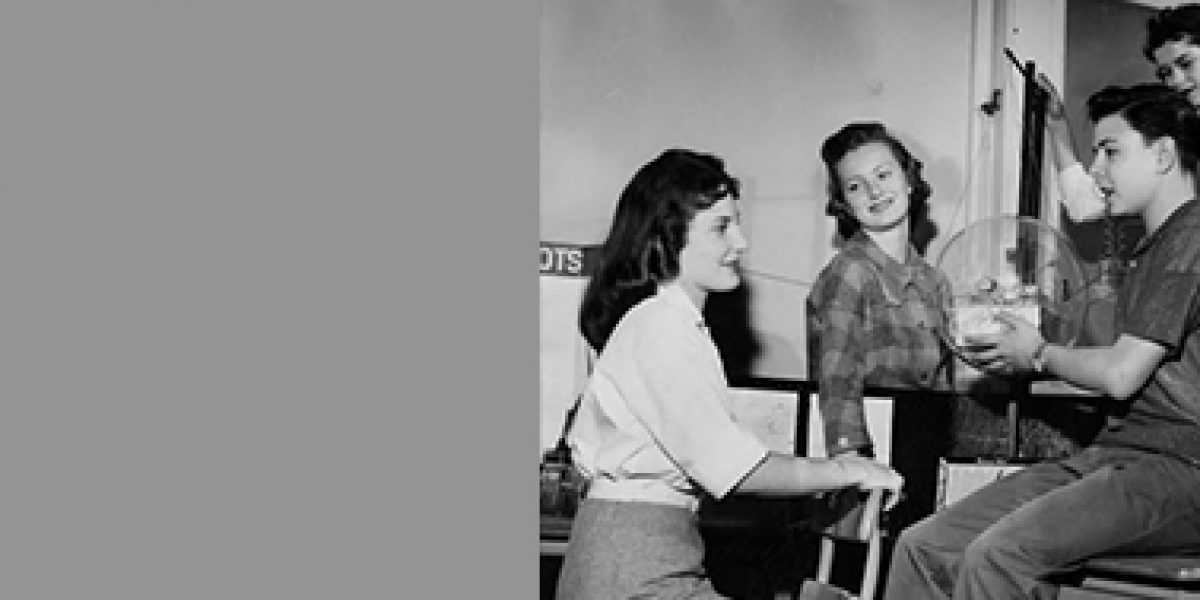

Mary Helen Immordino-Yang, EdD, studies the psychological and neurobiological bases of social emotion, self-awareness and culture and their implications for learning, development and schools. She is a Professor of Education at the USC Rossier School of Education, a Professor of Psychology at the Brain and Creativity Institute, a member of the Neuroscience Graduate Program Faculty at the University of Southern California, and Director of the USC Center for Affective Neuroscience, Development, Learning and Education (CANDLE).

Achuta Kadambi is an Assistant Professor of Electrical and Computer Engineering at UCLA. With applications to cyberphysical system and digital health, his research has been recognized with best paper awards, fellowships, and Lemelson-MIT student prize. His imaging research has resulted in 15t US patent filings, specifically for AI applications for autonomous cars. Kadambi received his Ph.D. From MIT.
This program is generously supported by the Alfred P. Sloan Foundation
Photo: Los Angeles Public Library digital collections
Lorem ipsum dolores set amet conquis adores. Lorem ipsum dolores set amet conquis adores.
Lorem ipsum dolores set amet conquis adores. Lorem ipsum dolores set amet conquis adores.
Lorem ipsum dolores set amet conquis adores. Lorem ipsum dolores set amet conquis adores.

As President and CEO of the Library Foundation of Los Angeles (LFLA), Stacy Lieberman is an innovative and inclusive leader whose career dwells at the intersection of arts and culture, lifelong learning, storytelling, and equitable access. Stacy guides the Foundation’s philanthropic and public-facing priorities to serve the Los Angeles Public Library, embracing the notion that libraries are beacons of democracy where everyone is welcome. She works intentionally with community leaders, donors, and internal and external strategic partners to raise awareness and resources for the Library and its life-changing initiatives.
With more than 20 years of experience as a senior executive, Stacy has left an indelible mark on iconic L.A. arts, non-profit, and educational institutions such as The Broad, the Autry Museum of the American West, and the Skirball Cultural Center. Building on an early career in book publishing, she has dedicated her professional life to sharing stories and broadening the reach of public institutions to welcome visitors and students of all ages and backgrounds to experience educational, arts, and cultural opportunities.
| Cookie | Duration | Description |
|---|---|---|
| cookielawinfo-checkbox-analytics | 11 months | This cookie is set by GDPR Cookie Consent plugin. The cookie is used to store the user consent for the cookies in the category "Analytics". |
| cookielawinfo-checkbox-functional | 11 months | The cookie is set by GDPR cookie consent to record the user consent for the cookies in the category "Functional". |
| cookielawinfo-checkbox-necessary | 11 months | This cookie is set by GDPR Cookie Consent plugin. The cookies is used to store the user consent for the cookies in the category "Necessary". |
| cookielawinfo-checkbox-others | 11 months | This cookie is set by GDPR Cookie Consent plugin. The cookie is used to store the user consent for the cookies in the category "Other. |
| cookielawinfo-checkbox-performance | 11 months | This cookie is set by GDPR Cookie Consent plugin. The cookie is used to store the user consent for the cookies in the category "Performance". |
| viewed_cookie_policy | 11 months | The cookie is set by the GDPR Cookie Consent plugin and is used to store whether or not user has consented to the use of cookies. It does not store any personal data. |